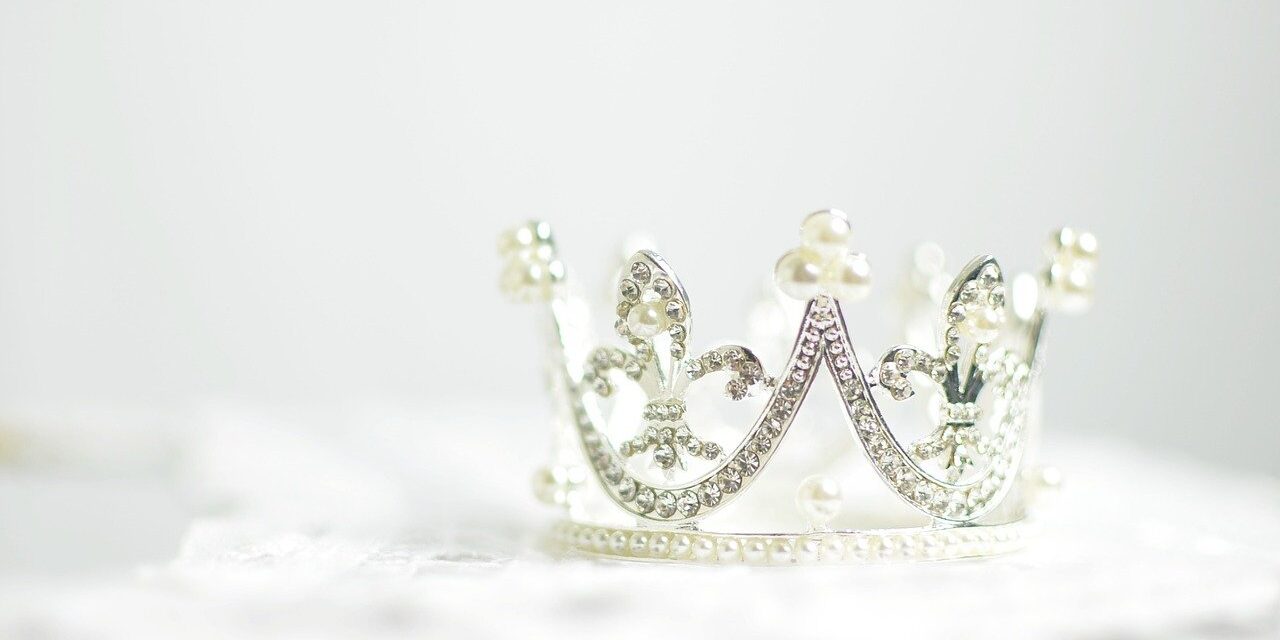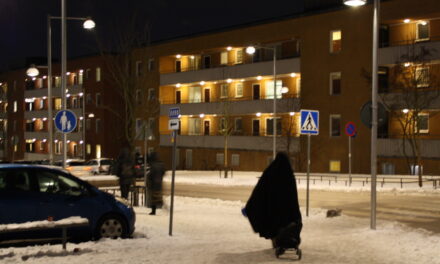A lot of countries in Europe are a monarchy. A monarchy is originally a form of government in which the power rests with one person – in the most countries of Europe – the king or queen. A royal family symbolically represents a piece of national pride, a kind of personification of our historical consciousness. Yet we live in a time with more and more criticism towards the royals. Isn’t a royal family outdated in 2020? What are the benefits of a royal house and how could the royal family use their popularity to increase more attention for particular subjects?
According to Ipsos’s annual poll for Dutch news medium NOS the appreciation for the Dutch king and queen continues to increase every year. Willem-Alexander and Máxima score more than satisfactory this year, again. Support among the monarchy is still strong among the Dutch. Almost three quarter of those questioned want the Netherlands to remain a monarchy. Although there is a lot of appreciation and support, there is also a lot of criticism towards the royal houses in Europe. Royal family expert and Antwerp based journalist Wim Dehandschutter explains where this criticism is coming from.
“A royal family is actually an outdated institution. One family has been responsible for the course of a country’s history. Via outdated rules, the control of the king or queen passes to the oldest child. In the 21st century, we would like to make everything happen in a democratic way, so it is no longer contemporary for it to just pass to the oldest child.” Whether this criticism is justified causes mixed feelings among Dehandschutter. “A royal family also stands for continuity and stability. For an example, in England, the same queen has been in power for so long that it radiates a certain calm. To sketch another view, I’ll give another example. Belgium is a very complex country with many contradictions between the Flemish and the French. Also, politically there are a lot of sensitive subjects. In the last government negotiations – which lasted a year – the king was still able to intervene with a number of tactical actions and thus straighten a number of things.”
Professor at the Gent and Brussels University, Herman Matthijs, thinks that the criticism also stems from the lack of transparency about finances. “It is clear that the royal houses stand no longer above the law and that the royal houses must also think about the nation. Transparency in their annual budget will already be a huge improvement. In the field of financial transparency, much can be learned from the Scandinavian royals. Dehandschutter: “Certainly in Belgium there is a lot of criticism of the finances of the royal family. Yet the royal family tries to avoid this criticism. While Princess Amalia receives a state allowance from her eighteenth birthday, it has been decided by her parents for the Belgian Princess Elizabeth that she will not receive this as long as she does not yet carry out official assignments.”
The popularity of a royal family is really a snapshot. This can change completely within a week or a month. An example of this is the trip of King Willem-Alexander to Greece. “The citizens don’t longer pretend that everything the royal families are doing is a good thing. Back in the days the royals had a lot more freedom,” says Matthijs. Yet the Netherlands is not the only country where things sometimes go wrong. Royalty expert Wim Dehandschutter knows everything about the royal families all over the world and talks about some significant examples from royal families all over Europe and also in the United Kingdom. “Scandals must be avoided, but that’s not always possible. Nowadays everything is shared on social media and even the slightest missteps get a lot of attention.”
Opinions are divided on whether a royal house is still of this time. Perhaps it will eventually pass in a more democratic way in some years. More openness and transparency about the budgets could contribute to less criticism towards the royals according to Matthijs, but whether this would also help the popularity of a royal family? Probably not. The popularity of a royal family depends on who the people in the royal house are and whether they (can) guarantee a spotless image or whether they cause many scandals. For the coming years the royal houses will stay – with or without – their scandals.




